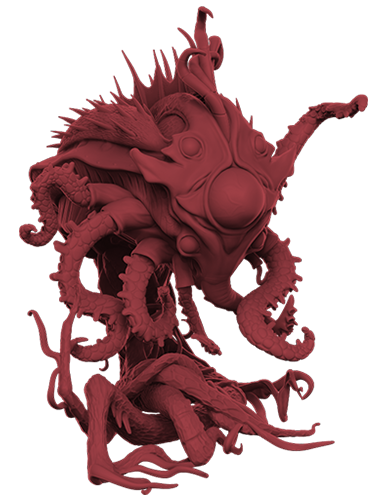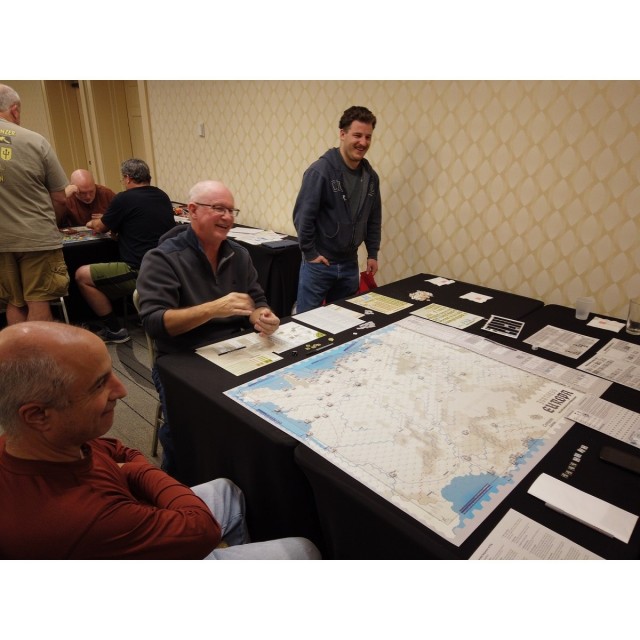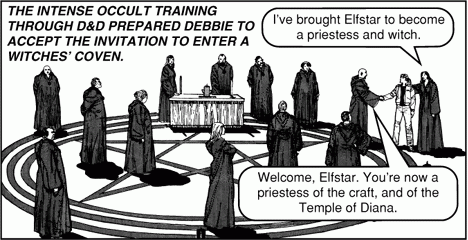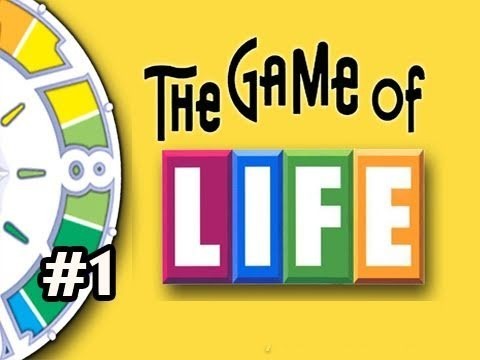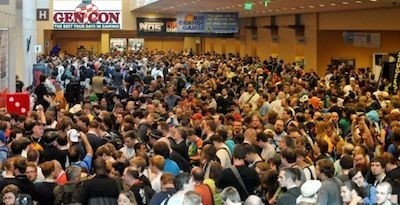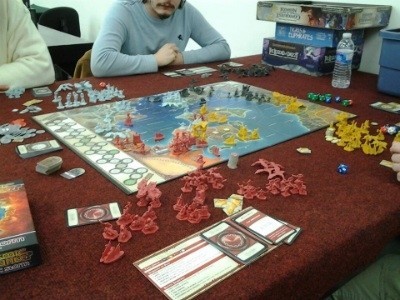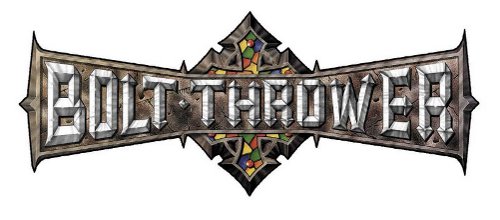Once you have been in the hobby five years, you begin to look at your game shelf and say, “I have too many games.” This doesn’t actually mean you’re going to get rid of any of them or that you will stop buying new ones. Mostly it’s just an acknowledgement that, hey, space is getting a little tight, and that you’ve spent a considerable amount of money on all the games you have.
On the scale of hobby gaming I have a medium-small collection, about 100 games plus expansions for many of them. The idea that this constitutes a “smallish” collection is ridiculous, especially to people whose entire game collection fits in a little cabinet in the entertainment center. (Also known as like 99% of the people I’ve known.) I don’t have any serious intention of thinning it out in the near future, but after reading a few dozen threads of people selling off big chunks of their collection I began to think: could I reduce my collection down to just ten games?
So I spent about five or ten minutes thinking about it, and I came up with the list below. In terms of criteria, I considered this matter the same way I consider everything with games: intuitively and without overthinking it. One thing I tried to do was cover a lot of different genres. With one notable exception, I tried to prevent much in the way of mechanical overlap. I also heavily favored highly varied games, and as such I’m working on the assumption that I could expand any of these games as I saw fit. That’s important for four of the games in particular, but truthfully in three of those cases I like the base game enough that I would leave them on even if expansions were off the table.
Note that these are not my favorite games. These are all games I love, but there are a lot that I like more than some of them. And of course if I put off writing this column for one more day I might come up with a totally different day. So here’s the group of ten…
Cosmic Encounter
Let’s start with the non-surprise up front. It’s my favorite game, it plays up to eight people with expansions, and there’s nothing else quite like it. But it really made the cut because of its ridiculous variety, and the way in which it embodies the wild type of games means that it covers a lot of bases at once. It even muscled out other wild games like Wiz-War and Innovation, because it’s like interaction distilled into cardboard.
The Settlers of Catan
Part of the inclusion here is an emotional attachment. It was my first gaming love, and remains one. But what pushed it over the edge is how well it appeals to new players, and how very different the game becomes when you add and combine the expansions. There’s something highly intuitive about it and I’ve had enormous success introducing it to new people. As a bonus the game is well-known enough that I probably wouldn’t need to explain it very often. That’s the dream right there.
Acquire
Here we have a stand-in for basically every economic game ever. There are many that are more advanced, and several that I enjoy more. But Acquire is certainly one of the most accessible, and its longevity is self-evident. And I’ve played it many times, but it keeps revealing little elements that surprise me. Another elemnt that put it on my list is that it plays three to six people pretty well, which gives it a measure of flexibility that a lot of games on this list can’t touch.
Agricola
Six years of pretty steady play is all the proof I need. Agricola is my first choice of “eurogame,” as opposed to German games. Sometimes I just feel like placing workers, you know? Unlike a lot of its ilk Agricola has those cards that have kept me on my toes all these years, and it remains tied to at least the idea of being a farmer. It’s also really good with any number of players, in case I needed another reason.
Robinson Crusoe: Adventure On The Cursed Island
I went back and forth between including this or Mage Knight. If you cornered me I’d probably say that I liked Mage Knight more, but only really as a solo game. A game that functionally only plays one player is a tough sell. Robinson Crusoe plays solo really well, but it’s also a very engaging cooperative experience. It’s even engaging when you lose, and it represents one of the strongest implementations of theme and setting in several years. So to the cursed isle I go.
Ra
Recently I noticed that I have more games by Reiner Knizia than any other designer, and it’s not even close. I strongly considered Tigris and Euphrates, which I think I like a little more, but I went with this one to give me a good auction game. Besides that, I just really love Ra. It’s an auction game that sometimes veers into push-your-luck, and it forces the player to take lots of risks to get what they need. It’s pretty quick to learn once you hammer out the scoring, which only sealed the deal.
Talisman
I have a whole bunch of fantasy games on my shelf, and a lot of extended “event” games that I don’t play as much as I’d like. Of all of those the one I like best is Talisman, which seems strange. But not every game needs a lot of strategic heft. Sometimes it’s just fun to hit the road and adventure. And man, unlike almost every game in the “long thematic” weight class, Talisman is really easy to teach. Just tell someone how to move, and you’re on your way. The rest of the game is teach-as-you-go. It’s hard to find a game that is quite as playful and ridiculous, and it’s one I already have started teaching to my sons. That means I really can’t get rid of it.
Dixit
I’m not really much of a party game guy, but Dixit has moved up in my estimation drastically in the past year. The big reason is because I bought my wife a bunch of expansions as a gift, since its one of her favorite games. I can’t tell you how much more I enjoy it when you add all those new cards, and it’s become a special kind of social experience, one that is so easy to teach but shows me facets of people that I never sensed. It’s a unique part of my collection that I’ve come to really treasure.
King Of Tokyo
In my head, “casual” means that a game has a gentle kind of interaction, like it doesn’t want anyone to feel like they need to make enemies at the table. This might just be the kind of people I hang out with, but I think that people are actually more wlling to push each other around if the game is simple and engaging. King Of Tokyo has served as a roundhouse kick to what I thought a casual game could be. It’s raucous, funny, and easy to set up and play a second time. My shelf would feel incomplete if it weren’t there.
Dune
Alright this is the one I struggled over the most. Mechanically, Dune is almost Cosmic Encounter Advance, albeit with a seriously awesome theme. But in practice it plays much more like a big conflict game. By that I mean you move troops around, work on an economy, strike deals with your opponents, and wage war. Frank Herbert’s literary world helps a lot with this, but more than that Dune just gets everything right. It meters out information well, it allows for ridiculous creativity, and it plays out drastically different every time. I’m not naturally much of a fan of conflict games, but Dune is more than just a war. It’s a world where you can lose yourself for a few hours, and win or lose I just like living there. No other conflict game does that for me.
 Games
Games How to resolve AdBlock issue?
How to resolve AdBlock issue? 

